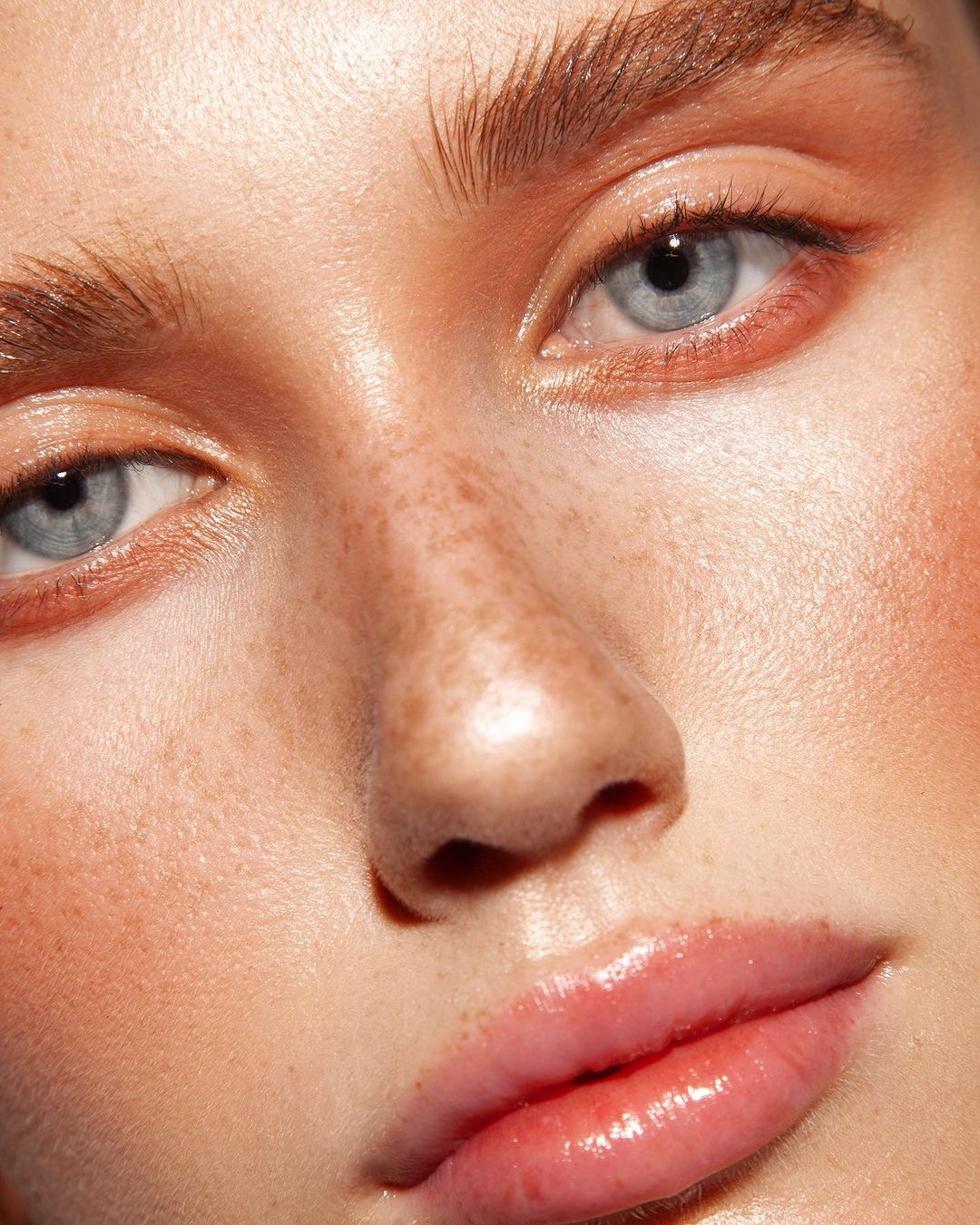Chances are, you know someone who has been affected by cancer themselves or who has a family member affected by it, and there are several ways to reduce your cancer risk today which may help keep the Big C at bay. According to statistics, 7.6 million people die from the disease each year, which proves it's a global epidemic, indiscriminate of socio-economic groups and age. And whilst research continues, there are some ways to reduce your cancer risk.
Reader Poll
Thanks for sharing your thoughts.
Want more like this? Subscribe for personalized picks.
Successfully subscribed.
Check your inbox for personalized content.
1. Sideline the Cigs
Before you light up, listen up. At one time considered a sexy and provocative pastime, we now know the risks associated with smoking so there should be no excuse to take this up. Legal and potentially fatal, we all know that the carcinogens in cigarette smoke can turn pre-cancerous cells cancerous, not to mention the fact that it makes you smell and takes a toll on your bank balance. Giving up smoking is just one of the ways to reduce your cancer risk right now.
2. Dodge the Drinks
As innocuous as it may seem, this is another thing which is legal but potentially fatal. Alcohol consumption is associated with many types of cancer, such as breast, bowel, liver, mouth and throat cancer, to name but a few. Processing the alcohol damages our DNA, so cut down on the beverages to cut your cancer risk.
3. Develop the Diet
We truly are what we eat and another thing which we can control is what we put into our systems. We are always told conflicting information about what is good and what is bad. I'm still not clear whether consuming a glass of red wine a day is good or bad for you! What cannot be disputed, however, is that a balanced diet rich in vegetables, fruit and whole-grains is good for you. Bowel cancer is a big killer in the UK and the high consumption of saturated fats, processed foods and red meats, coupled with lack of exercise and weight gain, are thought to be contributing factors.
4. Find out about the Family
Checking out your family history and being aware of your risks is also wise. A family history doesn't mean you're guaranteed to get the disease but it's wise to be vigilant. For example, where breast cancer is concerned, having a close family relative with the disease is known to increase your chances. Angelina Jolie was told she had an 87 percent chance of developing breast cancer as she carried the BRCA1 gene and her mother died of breast cancer at just 57. She therefore took the brave step of having a double mastectomy.
What you choose to wear while working out can have a significant impact on your comfort and performance. One essential item is the sports bra. Lack of proper support can lead to discomfort and muscle tissue damage. Choosing a good sports bra can help prevent these problems and ensure a great workout!
5. Stay Safe in the Sun
When the sun comes out, we love nothing more than to de-robe and bask in the glorious sunshine. This is all well and good, but malignant melanoma is not so glorious and is one of the consequences of frequent sun exposure without the adequate sun protection. Avoid the sun between eleven and three and stay in the shade where possible. And of course, slap on that sun protection.
6. Weight to Go
Being a healthy weight is also important. Obesity seems to be the disease of the developed world and whilst Britain is the most obese nation in Europe, the US is the most obese country in the world. Controlling your weight is key as aside from cancer, there are other health problems associated with obesity. Studies have shown that those with a BMI (Body Mass Index) higher than thirty have a thirty per cent higher risk of postmenopausal breast cancer.
7. Crazy Chemicals
There are chemicals everywhere we turn, it seems we can't get away from them. From the food we eat to the air we breathe, being aware of our environment and the risks associated with it can help us to reduce our risks. Take asbestos, for example - this was a common building material in the 1950s and can still be found in many buildings, such as schools and homes. The material must be removed by a specialist. Asbestos exposure is thought to be the cause of a type of cancer which affects the lining of the lungs and is called mesothelioma. There are other ways to avoid chemical exposure, such as wearing gloves when using weed-killer and washing fruit and veg before eating them. Also, be aware of household products which contain endocrine disrupting chemicals and are thought to be contributing factors in the development of thyroid, prostate and breast cancer.
These are several ways to reduce your risk of cancer. Does anyone else have any other hints and tips?
Sources: worldcancerday.org, cancer.gov, cancer.net
Reader Poll
Thanks for sharing your thoughts.
Want more like this? Subscribe for personalized picks.
Successfully subscribed.
Check your inbox for personalized content.
Don't Miss the Latest Version
Get the latest stories, save favorites, and share with friends — all in one place.
Create your profile. Earn badges. Level up your reading.
Join Allwomenstalk to track your streaks, collect badges, and earn XP for the things you already do—reading, sharing, and taking quizzes.
- 🔥Daily streaks with gentle boosts for 3, 7, and 30 days.
- 🏅Collect badges like Reader I–III, Socialite, and Quiz Ace.
- ⚡️Earn XP for reads, deep reads, likes, comments, and shares.
It’s free. Takes 30 seconds. Already have an account? Sign in.




Feedback Junction
Where Thoughts and Opinions Converge
2014-08-02T18:13:00.067Z
2014-08-03T12:53:07.170Z
2014-08-02T06:15:39.692Z
2014-08-02T06:37:52.268Z
2014-08-02T04:37:52.357Z
2014-08-02T04:20:49.178Z